Evidence in Practice
Technologies in Education: What’s the evidence?
At TUM, we provide information on the latest educational technologies and learning methods as part of our EdTech initiatives and emphasize the identification of proven strategies, especially in higher education, schools, and professional training. Our updates include summaries of recent studies in our research areas, ongoing debates, and comprehensive meta-analyses summarizing the results of extensive, high-quality research.
In addition, we offer you insights into new developments, conceptual models, and the digital and future learning services we provide for learners and teachers.
Discover with us the evidence behind educational technologies!
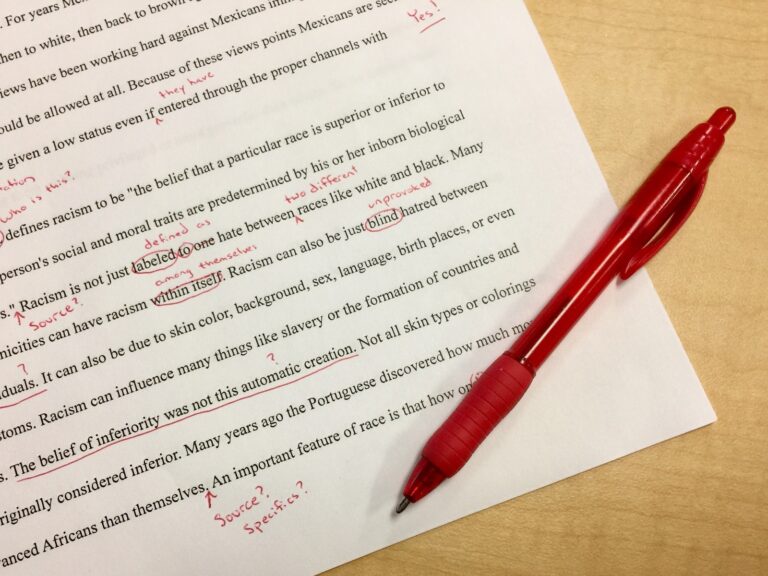
AI as Essay Grader: Helpful with Spelling, Risky with Content
December 8, 2025 Teachers face significant challenges regarding the assessment and grading of student writing, making it a…

How context and social factors influence learners’ willingness to share their data
Learning analytics (LA) has become central to personalized and data-driven education, but ethical concerns remain. While technical and…

Looking beyond the hype: A critical examination of research on AI in education
In their critical reflection, Bauer et al. (2025) explore the role of artificial intelligence (AI) in education, focusing…
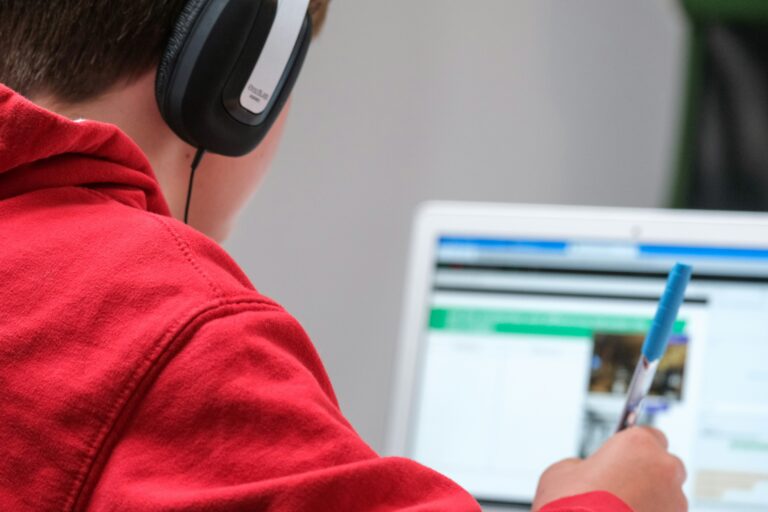
Effective Scaffolding Through Prompts in Digital Learning. A Meta-Analysis and Systematic Review
Scaffolding through prompts in digital learning has emerged as a powerful strategy to guide learners in complex digital…
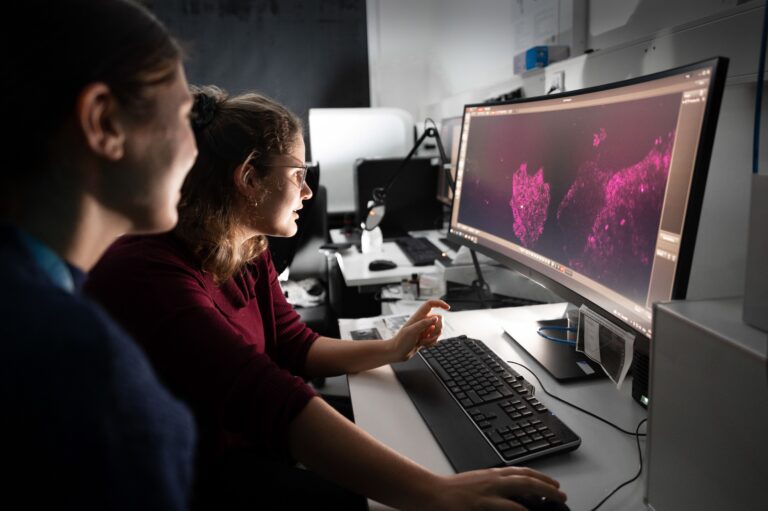
How can Multimodal Large Language Models transform Science Education?
Multimodal Large Language Models (MLLMs) are advanced AI systems capable of processing multimodal data including text, sound, and…

The Role of Imagination Training in Immersive Virtual Reality Environments
Immersive Virtual Reality (iVR) has become an innovative tool in education, allowing learners to engage with complex content…

The Potential of Immersive Virtual Reality to Enhance Learning: Insights from a Meta-Analysis
As technology continues to reshape education, immersive virtual reality (I-VR) has emerged as a promising tool for enhancing…

Toward a Taxonomy of Adaptive Learning
Adaptive or personalized learning is a promising concept, providing the learner with a tailored learning experience at any…

Foreign Language Learning with Augmented Reality: Findings from a Systematic Review
Language learning is a complex process that demands guidance and discipline, yet various factors can support or hinder…
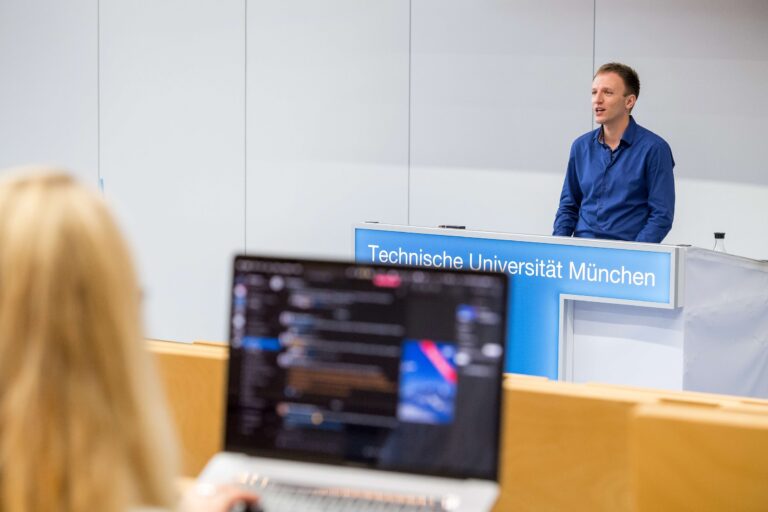
How AI Literacy and Attitudes Shape University Student’s AI Self-efficacy
AI Self-efficacy – the confidence in one’s capabilities to effectively interact, understand, learn about, and use AI technologies…
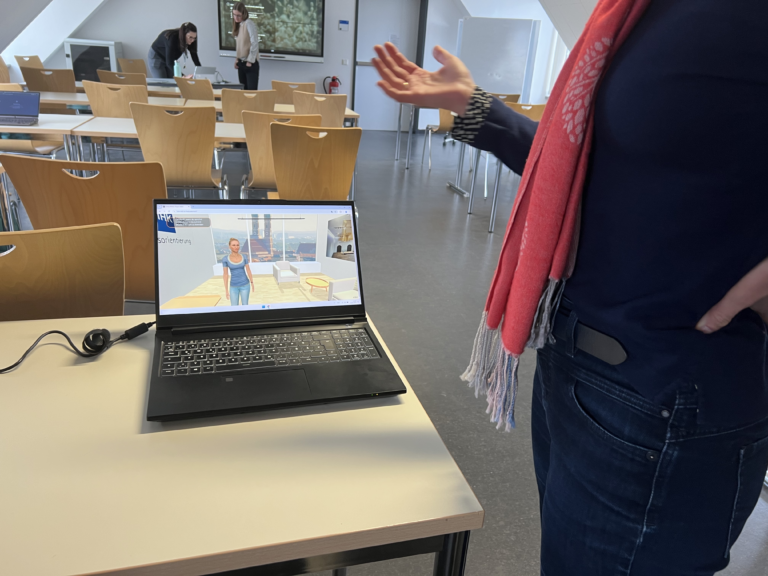
About the scope and nature of AI in Higher Education: A meta-systematic review
Artificial Intelligence has been part of education research since the 1960s, but recent advancements have brought it into…
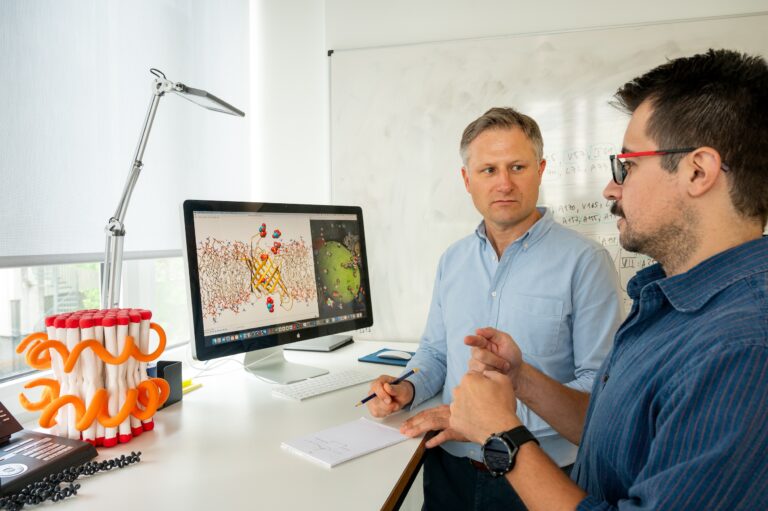
Cognitive Ease at a cost: The Influence of Large Language Models on Student’s Mental Effort and Reasoning Quality
Large Language Models (LLMs), like ChatGPT-3.5, are fundamentally changing how students approach research topics by providing fast and…